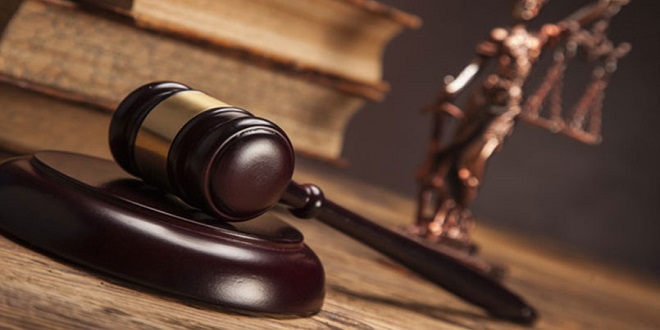At the dawn of the Worldwide Web when there was a heating up of imposition of laws by nation-states on the international communications networks, one isolated voice spoke out and was cross-posted more times than the author could imagine. In March 1999, the strategy for regulating government exploitation of the Internet in the UK was set out for the first time in the Modernising Government White Paper.
Until late 2005 the focus of policy development in respect of interactive and transactional services online had been based upon consideration of how to drive-up access and demand (Saxby, 2006). However, government intervention with regard to the Internet has to some people been unwanted, as was voiced quite vehemently by John Perry Barlow (see Figure 1) in his ‘Declaration of the Independence of Cyberspace.
COMPARING THE CONSTITUTIONAL AND ADMINISTRATIVE FRAMEWORKS OF THE UNITED KINGDOM WITH CYBERSPACE
Using this definition it could perhaps be possible to consider that Cyberspace has a constitution. Actors have agreed to use common means of communicating and sharing knowledge. They have agreed that contracts govern how they interact with each site. And they have agreed that traditional financial institutions can be the bridge between the vendor and the customer.
Also, there appear to be clearly commonalities between the independent websites that exist within Cyberspace and the United Kingdom and its various constitutional entities and administrative procedures. These include with regard to functional issues, civil rights, civil remedies and law enforcement.
Functional Issues
Barlow in his declaration said We have no elected government, nor are we likely to have one, so I address you with no greater authority than that with which liberty itself always speaks”. While it still appears to be true that there is no authority directly elected by the citizens of the world who use the Internet, referred to as Netizens there are still comparisons that can be drawn between the UK’s elected government and Cyberspace.
The United Kingdom constitution consists of the Monarch, the Executive, Parliament, the Judiciary, and other instruments of the state such as the Civil Service, devolved bodies and tribunals. The Monarch is responsible for various tasks including settling such issues as the selection of a prime minister, the dismissal of a parliament and the operation of the judicial system (Hames & Leonard, 1998).
Civil Rights
Jenny Preece, in her influential book, ‘Online Communities: Designing for Usability and Supporting Sociability sets out what users should expect online communities to provide in terms of policies and practices that should mean that users and both able to use the online community and be sociable within it (Preece, 2001). These Netizen rights to a supportive environment of freedom of expression were also advocated by Barlow in his declaration, which stated
Civil Remedies and Law Enforcement
It has been backed up through case law that the UK Parliament has complete authority over its own affairs and the Courts cannot rule over whether it has followed its own procedures, as shown in R. v Graham-Campbell, Ex p. Herbert (HC, 1935). It has also been shown that the UK Parliament has the right to legislate in any area, even where it has little or no power to enforce it beyond its own Courts, as demonstrated by the passing of the Hijacking Act 1967, which applied to non-UK Nationals in non-UK territories. Barlow (1996) declared to world governments that he wanted the same authority for Cyberspace
 Naasongs.fun
Naasongs.fun




